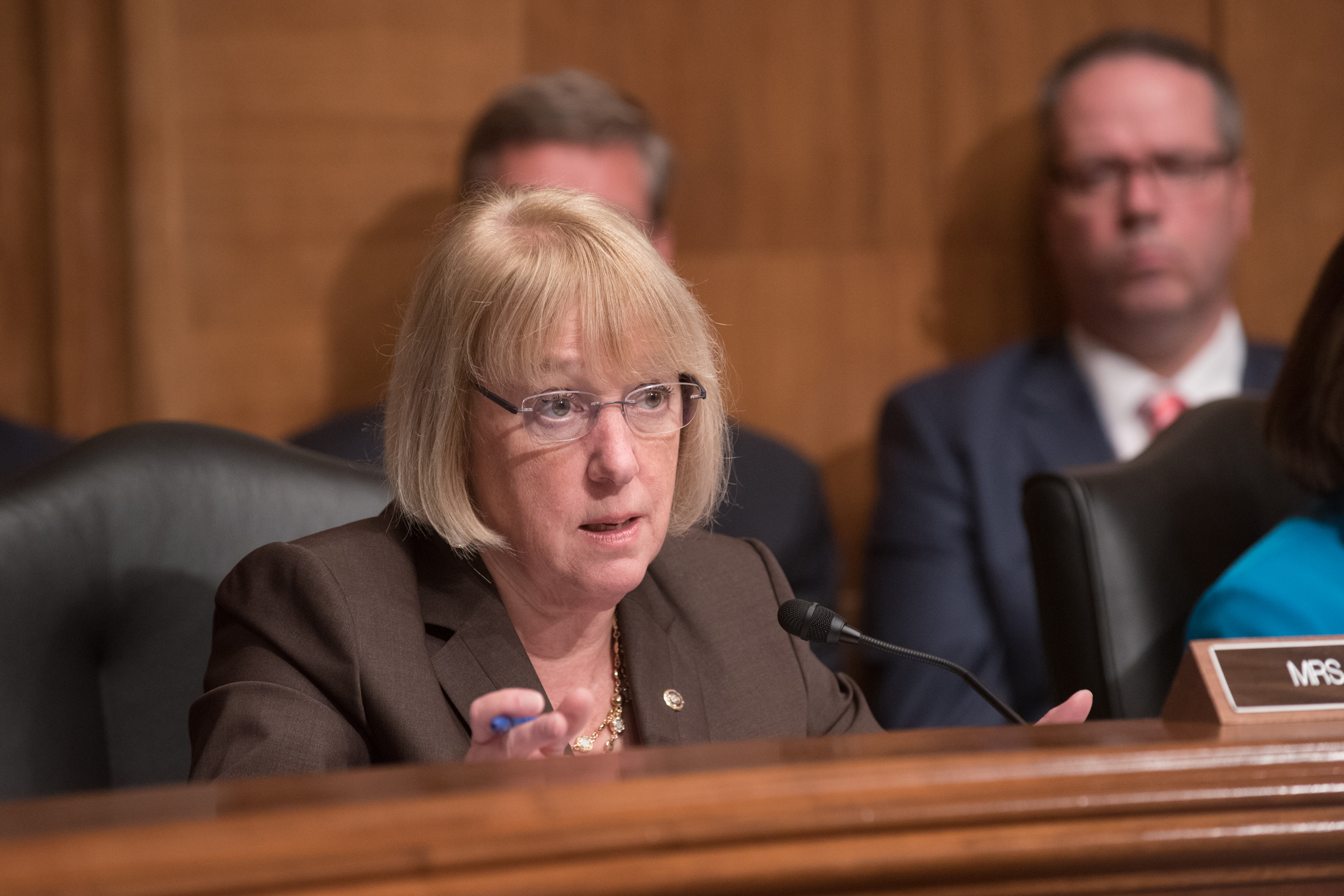(Washington, D.C.) – Today, U.S. Senator Patty Murray (D-WA), a senior member of the Senate Appropriations Committee, announced nearly $918,000 in first-round emergency food assistance for the Washington State Department of Agriculture to improve The Emergency Food Assistance Program’s (TEFAP) reach to remote, rural, Tribal, and low-income communities.
The funding comes from the American Rescue Plan and is part of the United States Department of Agriculture (USDA) Food Nutrition Service’s efforts to improve TEFAP’s impact on families in rural, remote, and Tribal communities that are currently underserved by the program. The Washington State Department of Agriculture’s food assistance programs will partner with nine TEFAP eligible recipient agencies on its Reach and Resiliency project to fix coverage gaps and strengthen food safety nets for disadvantaged areas across the state.
“Food banks, soup kitchens, and food pantries have provided critical relief to so many families in Washington state. Yet for too many people in Washington state, these resources have been hard to reach—especially for people living in remote, rural or other communities who have borne the brunt of this pandemic. No one should have to wonder how they’ll get their next meal, so it’s important we make it as easy as possible for people to get the help they need, said Senator Murray. “I am proud to have secured federal dollars keep families fed in Washington state. I’m going to keep fighting to deliver funding to expand programs like this to make sure no one in Washington state goes hungry.”
TEFAP helps to supplement the diets of low-income Americans by providing them with emergency food assistance at no cost. Through TEFAP, USDA purchases a variety of nutritious, high-quality USDA Foods, and makes those foods available to State agencies. States provide the food to local agencies that they have selected, usually food banks, which in turn distribute the food to local organizations, such as soup kitchens and food pantries that directly serve the public. These local organizations then distribute the USDA Foods to eligible recipients for household consumption or use them to prepare and serve meals in congregate settings.
In April, Senator Murray joined her Senate colleagues in introducing the Support Kids Not Red Tape Act, legislation which would extend USDA school meal flexibilities from June 30, 2022 to September 30, 2023. These flexibilities have been crucial to feeding children throughout the COVID-19 pandemic and Senator Murray is fighting hard to extend these critical meal flexibilities.
Making sure kids and families do not go hungry has been a longtime priority for Senator Murray. Last year, Senator Murray introduced the Stop Child Hunger Act, a version of which was first introduced by Murray in 2014. Murray’s bill would provide families who have children eligible for free and reduced-price school meals with an electronic benefit transfer (EBT) card when school is not in session, such as during Summer or Winter break, or when schools are operating remotely or in a hybrid model. The legislation builds on the foundation, success, and learning from the Pandemic-EBT and Summer EBT programs to establish a permanent nutrition program for children from low-income families when they are out of school.
###


